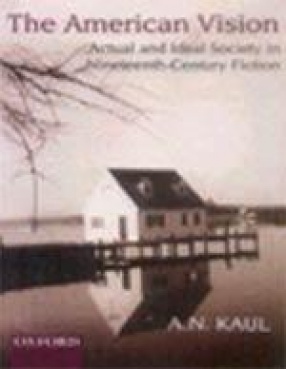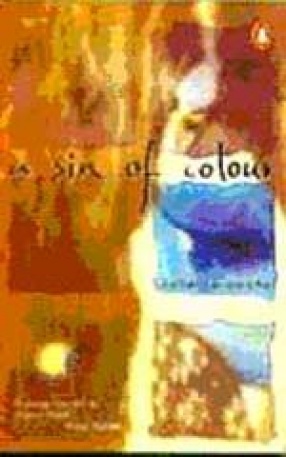This classic work reinterprets four major American novelists of the nineteenth century in terms of their approach to the society of their time. Winner of the Porter Prize and the Egleston History Prize—both awarded by Yale University—the book marks a radical departure in the understanding of American literature and culture, and the novel as a genre, and will be useful to scholars and students. James Fenimore Cooper, Nathaniel Hawthorne, Herman Melville, and Mark Twain are shown to have accepted the American social order with realism, though not without critical evaluation. But at the same time, each writer in his own way also projected the image of an ideal society. Often despairing of American society as they knew it whether in novels like Moby-Dick, Huckleberry Finn, The Scarlet letter or Satanstoe, these writers clung to a ‘vision’ of what that society had set out to be: a community of equals bound together by piety, sympathy and compassion. The possibility of creating a new society after repudiating a corrupt old order—separation from an established society in search of a more human community life—such was the theme offered by the nineteenth century American novel. This two-way dream, freedom for the individual from the shackles of the past and a desire for a perfect society, lured the first settlers as well as later immigrants. Yet, as frontiers fell, the hope for this perfect society receded under the individualistic drive to success and power, and the tension between ‘civilization’ and ‘community’, became even more acute. However, at no time do these writers allow their vision to become an idyllic escape, but, as the author suggests, make it function still as a standard of human value, a norm by which to judge society.
The Action of English Comedy
$25.20
$28.00






There are no reviews yet.